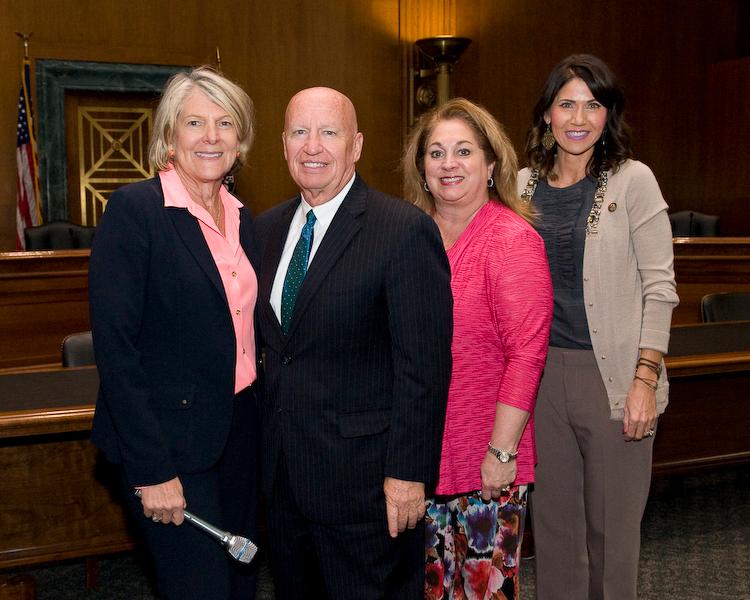WASHINGTON—The Trump administration’s tax reform blueprint was welcome news for women entrepreneurs who bear a substantial tax burden on their profits. Women-owned businesses represent more than a third of all U.S. companies, and the vast majority of them are pass-through entities that are subject to the individual income tax.
“We have seen an incredible step forward in trying to equalize the tax burden for pass-through entities and C corporations,” said Jane Campbell, president of Women Impacting Public Policy (WIPP), a nonpartisan organization advocating on behalf of women entrepreneurs.





